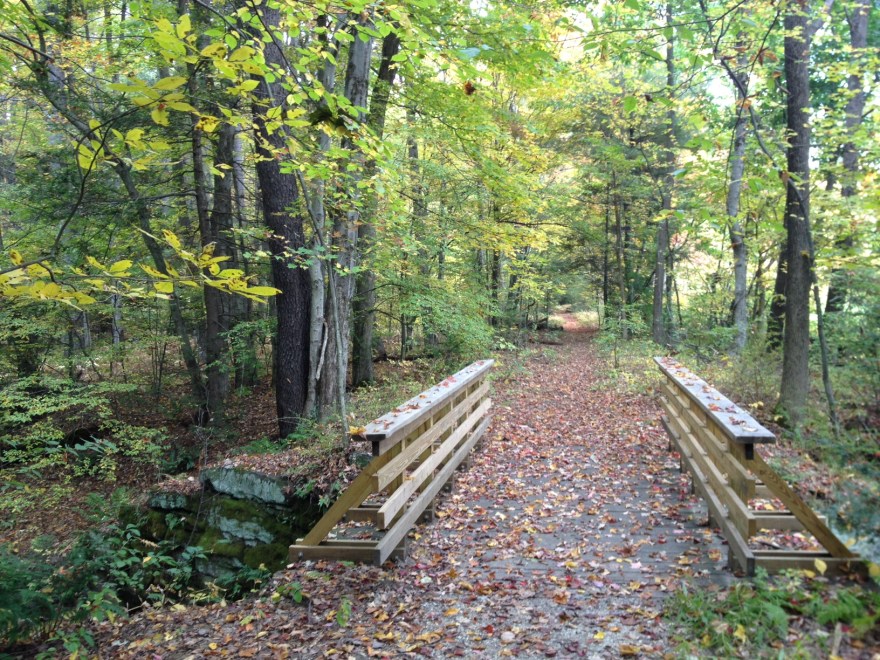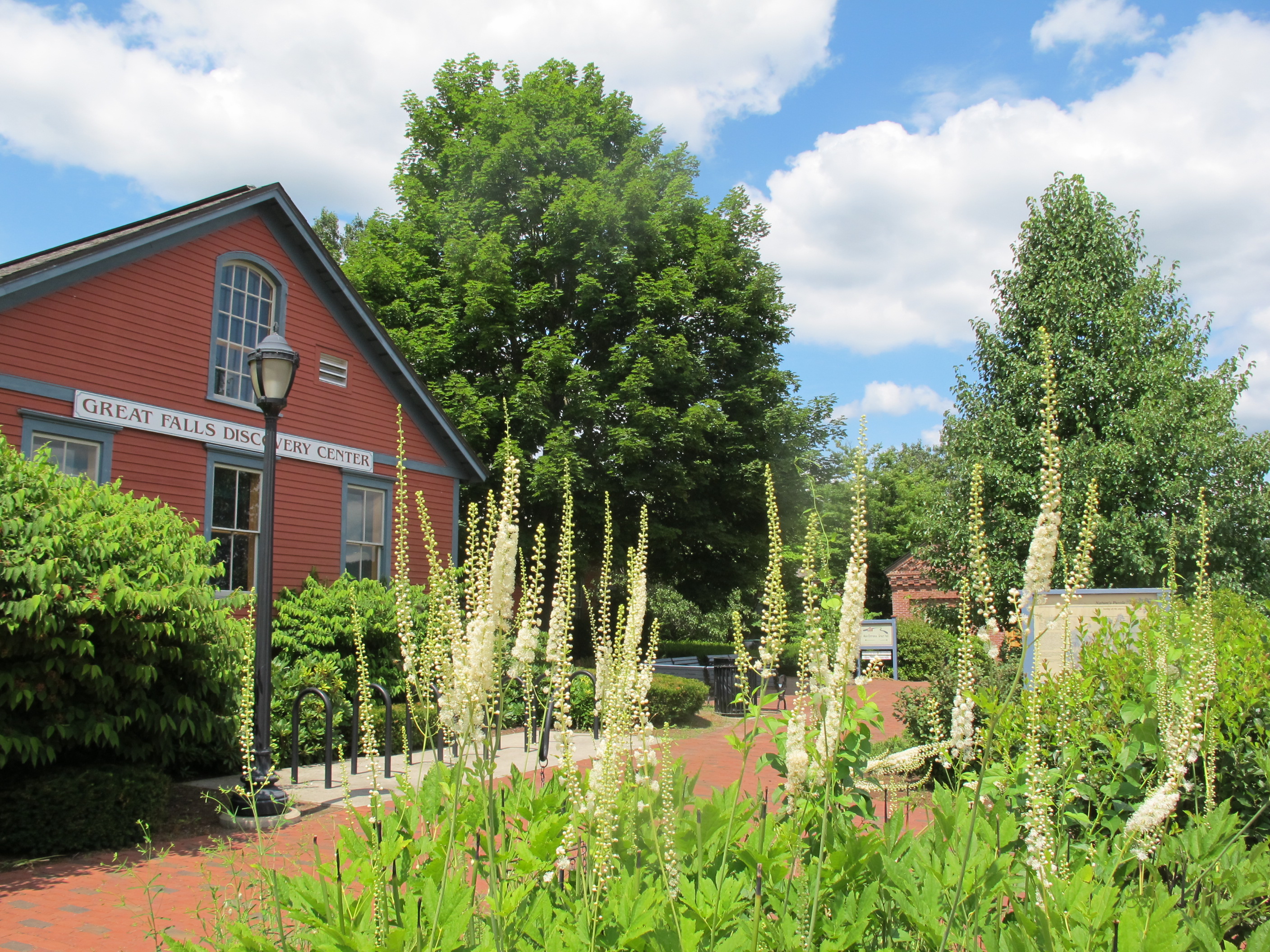Exploring Western Massachusetts Through Nature Centers: A Gateway to Environmental Education

Supporting families in learning about the local landscape, western Massachusetts nature centers serve as community resources for interpreting the educational value of the natural world. As local hubs for nature-based learning, nature centers add depth and breadth to visitors’ understanding of the natural world. Unlike nature preserves and other public natural spaces, nature centers combine access to nature with interpretive programs and museum-like educational exhibits and displays to offer visitors experiential and structured learning experiences.
Pleasant Valley Wildlife Sanctuary: A Haven for Nature Enthusiasts

In the Berkshires, Mass Audubon’s Pleasant Valley Wildlife Sanctuary is home to over 1,000 acres of woods and wetlands. Pleasant Valley Wildlife Sanctuary is situated in Lenox, Massachusetts, and spans over 1,000 acres of woods and wetlands. Visitors of all ages can participate in interpretive programs that offer insight into the sanctuary’s beautiful landscape. Families can also opt for self-directed learning through discovery booklets or creative free play at the sanctuary’s nature play area. The youngest of visitors can learn through creative free play at Pleasant Valley’s nature play area.
Arcadia Wildlife Sanctuary: A Gateway to Nature’s Diversity

In Easthampton, another Mass Audubon property serves as an educational hub for environmental exploration of the Connecticut River Valley. Arcadia Wildlife Sanctuary offers a diverse landscape of meadows, forests, grasslands, marshes, and wetlands. Much like Pleasant Valley, Arcadia offers interpretive programs throughout the year, creating learning opportunities for all ages and interests. Additionally, the sanctuary is home to a rope-guided sensory trail and a nature play area for play-based learning and exploration. Families can engage in self-directed learning about the sanctuary and its inhabitants with programs that guide visitors through the sanctuary.
The Hitchcock Center: A Pioneer in Environmental Education

The Hitchcock Center for the Environment, located in Amherst, offers further opportunities to learn about the landscape of the Pioneer Valley. The center aims to foster environmental awareness, literacy, and action and promotes this mission through its numerous educational offerings for community members of all ages. Trails at the Hitchcock Center provide access to ample natural spaces where many of the center’s community programs occur. One of the center’s most interesting projects is the maintenance of the Henry Street Salamander Tunnels, which provide seasonal support to migrating salamanders but require year-round care – offering opportunities for unique environmental stewardship at this Western Massachusetts nature center.
Great Falls Discovery Center: A Journey Through the Connecticut River Valley

The Great Falls Discovery Center sits atop the northern portion of the Connecticut River Valley. The Great Falls Discovery Center is located near the Turners Falls Dam. It is housed in a group of former mill buildings on the Connecticut River bank. Visitors can engage in self-directed learning. There are interpretive displays that detail the natural, cultural, and industrial history of the Connecticut River watershed. The center also offers educational programs focused on the local dam, fish ladder, and the creatures inhabiting the watershed.
 Hilltown Families
Hilltown Families 




























